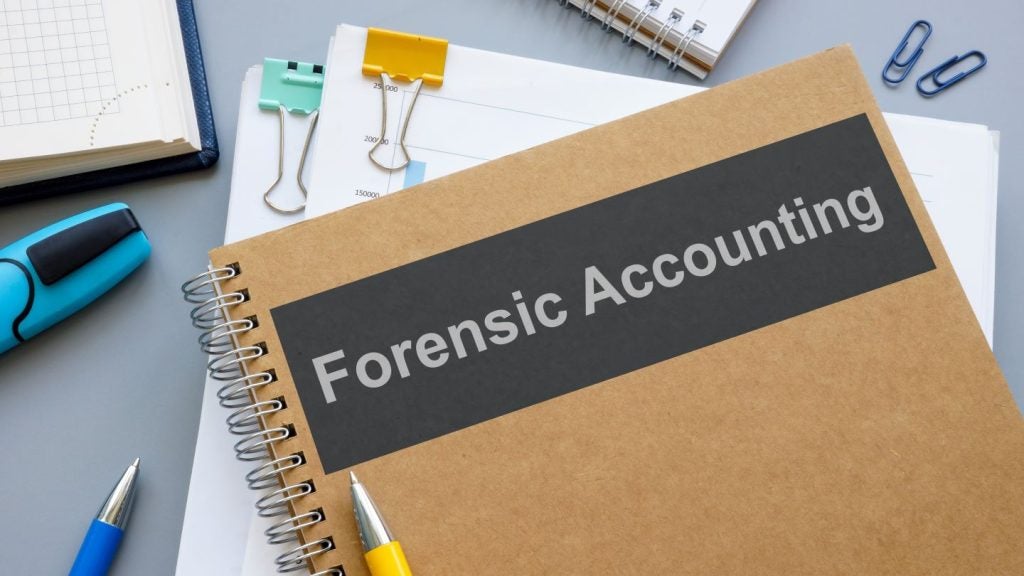
The accounting standard-setters are being urged to adopt a disclosure-first approach to advance the recognition and accounting of intangible assets, according to the CFA Institute Research and Policy Center’s report.
The report, titled Investor Perspectives: Intangible Assets, noted that the Financial Accounting Standards Board (FASB) and International Accounting Standards Board (IASB) are currently conducting a review of how intangible assets are accounted for.

Access deeper industry intelligence
Experience unmatched clarity with a single platform that combines unique data, AI, and human expertise.
The report further suggests that the current accounting for internally generated intangibles should be phased, drawing on precedents such as stock-based compensation and fair value accounting, which started with disclosure enhancements.
This phased approach is expected to facilitate more productive discussions and lead to eventual recognition in financial statements.
Currently, intangible assets acquired in business combinations are capitalised, while those generated internally are expensed as incurred.
However, the survey found that more than 70% of respondents believe that the most valuable assets of many companies are not reflected on the balance sheet.

US Tariffs are shifting - will you react or anticipate?
Don’t let policy changes catch you off guard. Stay proactive with real-time data and expert analysis.
By GlobalDataIt further showed that 39% of respondents found current disclosures to be useful.
CFA Institute Senior Director, Global Advocacy Matthew Winters said: “Many of the stakeholders – mostly investors – who try to solve this conundrum want broader capitalisation of intangibles to properly reflect companies’ sources of value on balance sheets and to treat intangibles more consistently with tangible assets.
“However, others disagree. They believe that capitalisation would not provide more useful information than expensing, and that the conservatism and uniformity of the current rules are good things. Opponents also argue that granting companies more flexibility in capitalisation could have the perverse effect of greater earnings management.”
The report indicates more than 80% consensus for better disclosures and more detailed reporting of investments in intangibles across financial statements.
While there is a consensus on the need for better disclosure, opinions differ on how internally generated intangible assets should be treated, according to the survey.
More than 70% support the continued separate recognition of identifiable intangibles during acquisitions, but there are concerns about the transparency and timeliness of impairment testing.
Opinions are also split on whether to use cost or fair value models for measuring such assets if recognised.
Investors are calling for action from the FASB and IASB to prevent financial statements from losing relevance due to outdated intangible asset accounting.






